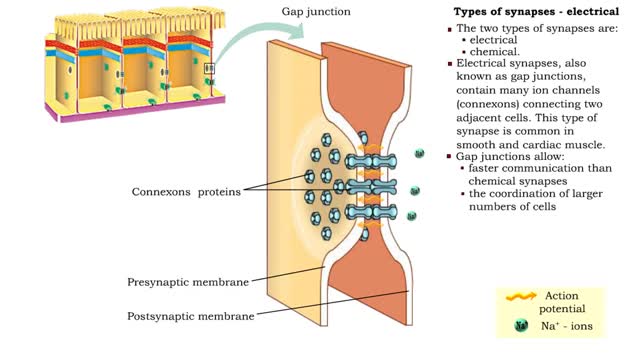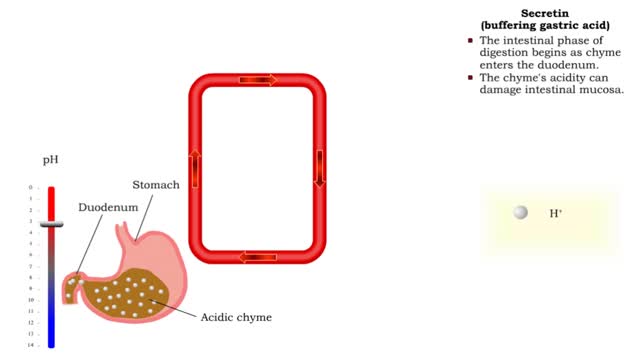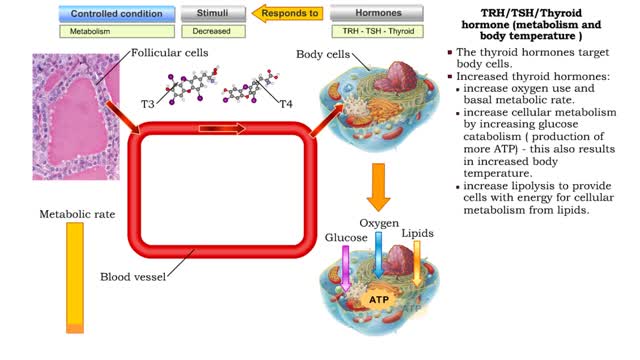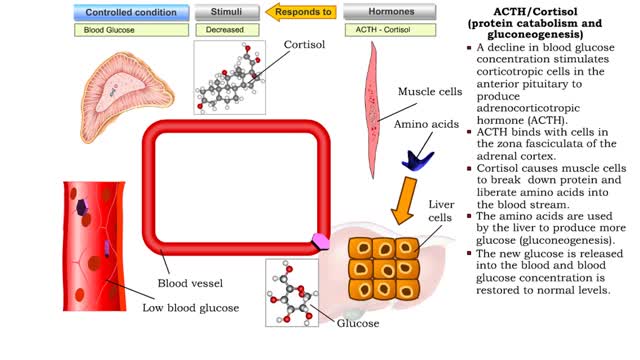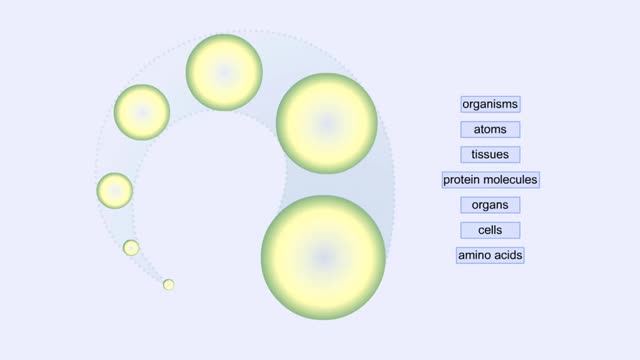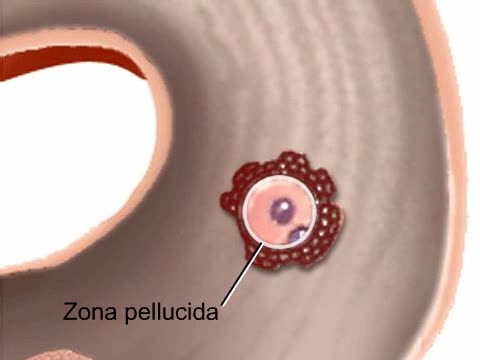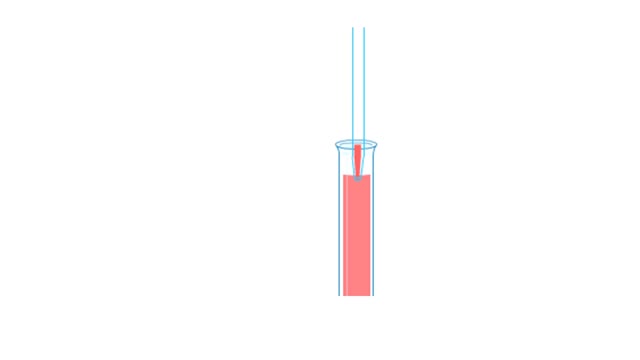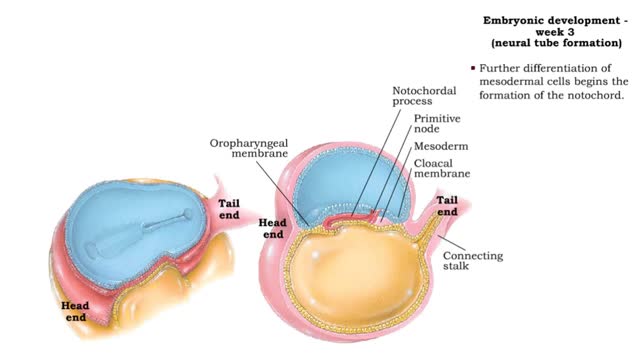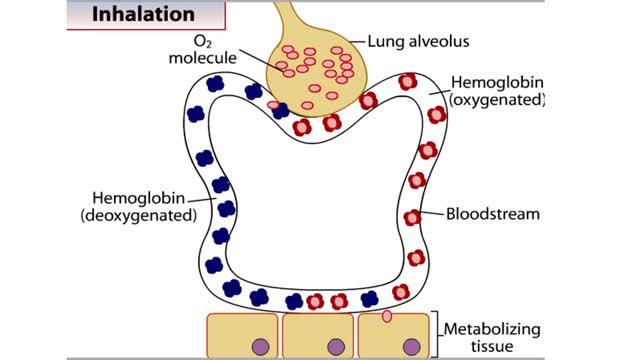Search Results
Results for: 'cuboidal epithelial cells'
Types of synapses - electrical & chemical
By: HWC, Views: 11446
• Neurons communicate with one another or effector cells via synapses that allow information to be filtered and integrated. • The two types of synapses are: • electrical • chemical. • Electrical synapses, also known as gap junctions, contain many ion channels (connexons) conne...
Gastrin (gastric emptying) & Secretin (buffering gastric acid)
By: HWC, Views: 10893
• Gastrin also binds to the smooth muscle cells in the stomach causing: • Increased gastric motility. • Opening of pyloric sphincter. • Increased gastric emptying. • The intestinal phase of digestion begins as chyme enters the duodenum. • The chyme's acidity can damage int...
By: HWC, Views: 10950
Thyroid hormone production • A decline in metabolic rate caused by increased metabolic need or physical exertion stimulates the production of thyrotropin hormone releasing (TRH) hormone from the cells of the hypothalamus. • Thyrotropin hormone releasing hormone targets the thyrotrophic ce...
ACTH/Cortisol (glycogenolysis, protein catabolism, lipolysis and gluconeogenesis)
By: HWC, Views: 11236
• A decline in blood glucose concentration stimulates corticotropic cells in the anterior pituitary to produce adrenocorticotropic hormone (ACTH). • ACTH binds with cells in the zona fasciculata of the adrenal cortex. • Increased ACTH promotes the production of cortisol, the major gluco...
Proteins Defined, Hierarchy & Composition of Cells
By: HWC, Views: 10838
Proteins are long chains of amino acids linked together by peptide bonds. Together with the other three biological macromolecules—carbohydrates, lipids, and nucleic acids—proteins are the building blocks of cells. Proteins are the most complex and abundant biological macromolecules in cel...
By: Administrator, Views: 572
At conception, the gender and other biologic traits of the new individual are determined. The zygote is genetically complete and immediately begins to divide, forming a solid mass of cells called a morula. When the developing embryo (stage of development between weeks 2 and 8) reaches the ute...
A Human Karyotype Preparation Animation
By: HWC, Views: 8677
Blood is collected from the person being analyzed. The blood is added to a growth medium that also contains a chemical that stimulates mitosis. The cells are allowed to grow in this medium for two or three days at body temperature. Colchicine is added to arrest cell division at metaphase. T...
Embryonic development - Week 3
By: HWC, Views: 11390
Week 3 (gastrulation) • Three primary germ layers are formed which provide cells for organ formation in the following months. • These germ cell layers are formed by a process known as gastrulation, which involves rearranging epiblast cells. • As cells from the epiblast migrate, a fain...
How Hemoglobin Picks Up and Delivers Oxygen
By: HWC, Views: 10741
All of the cells in our bodies require oxygen (02) for survival and must release carbon dioxide (CO2) as a waste product. The respiratory and circulatory systems work together as delivery systems for these gases. The lungs exchange these gases between the environment and the bloodstream. The bloo...
Advertisement



